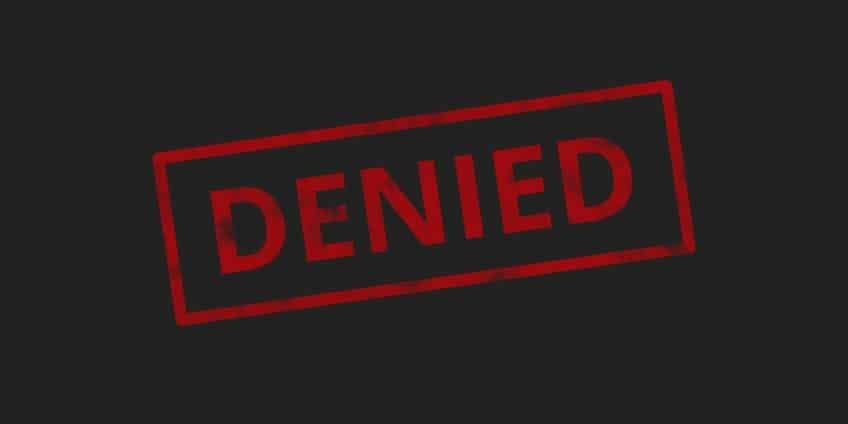Preferred Approach In UM Cases Is To Award Attorney Fees After Bad Faith Case Is Won
Insurance Bad FaithIn the case of 21st Century Centennial Insurance Company v. Dwayne Walker, Case Number 4D17-2937 (Fla. 4th DCA August 29, 2018), Florida’s Fourth DCA held that the “preferable approach” to awarding attorney fees in a UM case is to wait until the plaintiff has prevailed on his or her bad faith claim.
Underlying Case Facts That You Should Know
The plaintiff was injured in two separate car accidents and filed one lawsuit against his UM carrier for both cases. Before trial, the plaintiff served two separate proposals for settlement which were not accepted. Thereafter, the plaintiff prevailed at trial by more than 25% of what he proposed and was therefore eligible to collect attorney fees and cost as a sanction for failure to accept.
The plaintiff had $20,000 per accident in UM benefits available on his automobile policy. After the trial, the judge (following Fridman v. Safeco Ins. Co. of Ill., 185 So. 3d 1214 (Fla. 2016) entered a judgment for the full amount awarded by the jury but limited execution of the judgment to the policy limits pending the outcome of bad faith claims that were added along the way.
Regarding attorney fees and costs for losing on the proposal for settlement, the trial judge granted the plaintiff’s motion regarding entitlement to attorney fees and costs but did not enter an amount. Thereafter, this case was appealed.
Sanctions On Proposals For Settlement Are Determined On Net Judgments And Not On Jury Verdicts
Under section 768.79, Fla. Stat., “the correct source to which a court should look is the judgment, not the jury’s verdict.” (Also, do not forget that your proposal for settlement must reference Fla. R. Civ. P. 1.442 in addition to section 768.79).
So Why Is This Case Important?
Florida UM cases in recent years have seen an uncertain pathway through Florida’s courts. The Fridman case in 2016 changed that to bring us procedural certainty (the “preferred approach” of entering final judgment in the full amount awarded by the jury but limiting execution to the policy amount until the bad faith claim is decided).
This case takes that “preferred approach” described in Fridman one step further by giving support to the notion UM cases are really two-part (or stage) bad faith cases (one for how much the plaintiff’s damages are and two for whether the insurance company should have settled it before trial). Likewise, it stands to reason that the sanction (or penalty) for failing to accept a proposal for settlement should be assessed when all is said and done because losing the bad faith claim would result in mere payment of the policy limits (and likely not trigger the proposal).
Your UM Case May Become Insurance Bad Faith
If the insurance company has denied your uninsured motorist’s claim, then you may have to file a lawsuit for your UM benefits and an insurance bad faith claim in order to collect all of your damages. To get help in filing your lawsuit, call a Lakeland, Florida car accident attorney for a free consultation about your case.


